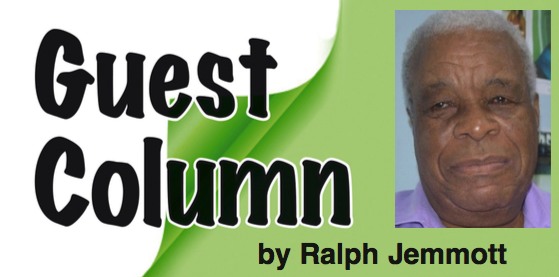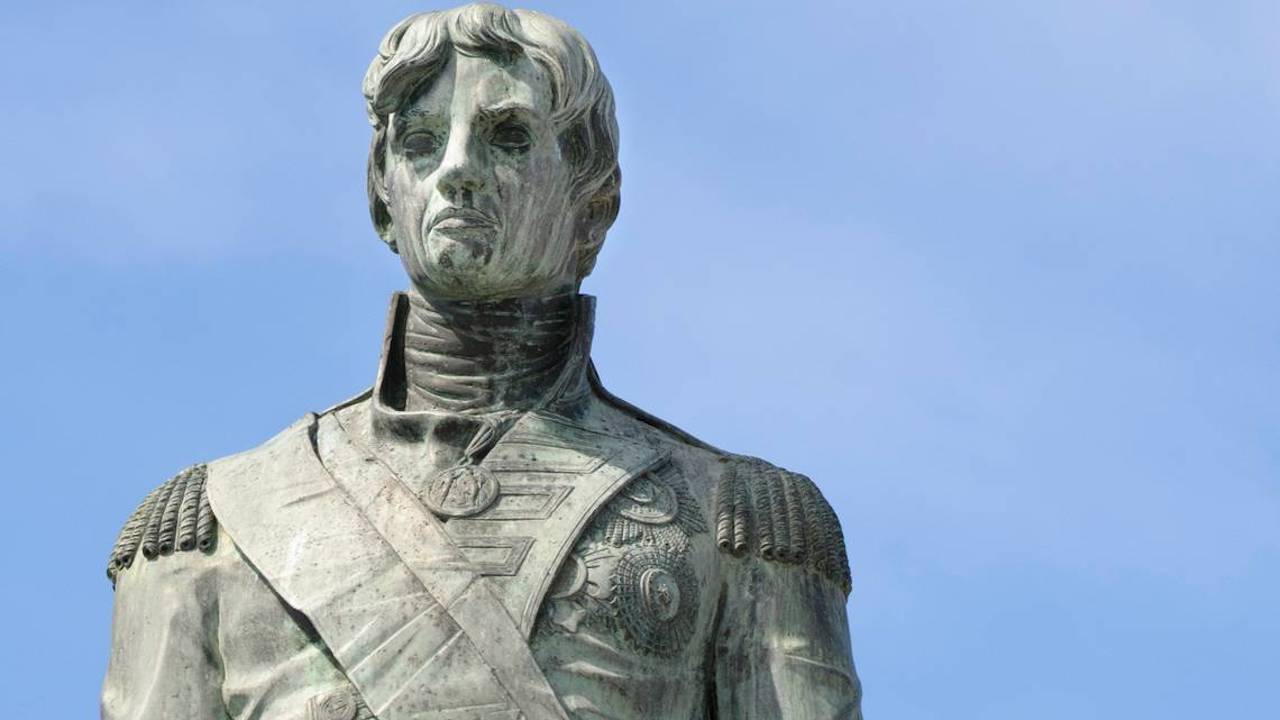 When students at Mona, Jamaica, entered Professor Roy Augier’s History class in the 1960s, one of his first questions was: “Why pay Roy Augier a salary to teach History?” This was to afford his pupils a rationale for studying that particular academic discipline. The point was that not knowing one’s history constitutes a kind of collective amnesia. Not a good thing in a supposedly educated mind.
When students at Mona, Jamaica, entered Professor Roy Augier’s History class in the 1960s, one of his first questions was: “Why pay Roy Augier a salary to teach History?” This was to afford his pupils a rationale for studying that particular academic discipline. The point was that not knowing one’s history constitutes a kind of collective amnesia. Not a good thing in a supposedly educated mind.
History, as an academic pursuit, is the study of human experience over time. Recorded history, the written record, is a reflection of some Historian’s accounts of that time. The past is the past. It cannot be relived and sometimes even the so-called ‘facts’ of history are in dispute. Beyond the disputed facts are often disputed interpretations concerning the facts. This is also what makes the discipline of History most interesting, particularly for those given to polemic.
Prime Minister Mottley has stated that she intends to open the debate on the Horatio Nelson Statue to public discussion. That is right and fitting. John Stuart Mill once wrote that a polity needs the constant agonistic dialectic of opposing perspectives, so that the views of one side would keep the excesses of the other in check, less irrationality results.
However, we must be mindful that consultation does not necessarily bring consensus and all humans are sometimes given to irrationality. The issue should not be decided by a minority of persons, no matter how vocal or how conscientious.
The human species being what it is, much of human history is unfortunate, tragic and painful. Much of Caribbean history is an unfortunate story of slavery and colonialism. Someone once said that, “nothing straight has ever been created out of the crooked timber of humanity”. It is the continuance of systemic racism that has led to the revived calls for the removal of the Nelson statue, although it could be argued that the two are only obliquely related.
Residual or not so residual, racism in Barbados is not commensurate with systemic white supremacist inspired ideology in the United States. However, given the pandemic and ostensible endemic nature of white racism, no black person can ignore its consequences.
My own take on the removal is that if that very central area of Bridgetown is to be called ‘Heroes Square’, then the monument should be removed from that spot. Nelson is not a Barbadian hero. He is, however, part of Barbados’ colonial history. Barbados’ history did not begin in 1966. Not everything that came before 1966 can or should be overturned. In seeking to counter colonial tutelage, we must be careful not to destroy elements of the colonial period that have been a good legacy, such as our educational and legal systems.
Robert Best, former editor of the Barbados Advocate, used to warn about those who chose to, in John Osborne’s words, ‘look back in anger.’ Much of the discourse on the Nelson statue displays a shocking disregard for objectivity and historical context. We should be on particular guard against miscreants who would, like a former political squatter, ‘swing their cudgels with malice.’
I am not convinced that the statue of Nelson is a significant part of the consciousness of Barbadians, black or white, though some blacks claim to be ever so highly offended by it. There are so many other critical issues that confront Black Barbadians today, that the Nelson talk sometimes seems superfluous. Artistically, the statue itself is a very fine work of art in the same way that the Barrow statue in Independence Square is an imposing and artistically pleasing artefact. By the same token, one finds the statue of Sir Grantley Adams on Bay Street a bit understated
The idea of throwing the Nelson statue into the Careenage, or otherwise destroying it, would be an act of compounded stupidity and cultural barbarism. My own preference is to move him to the Pier Head where, if the development planned comes to fruition, he would continue as a tourist attraction in a city that does not have many.
One of the poignant questions arising out of the Black Lives Matter issue is: After all the outrage, what will be constructed to improve the lives of black people? Are we really at a moment of momentous change?
Black people throughout the diaspora will have to fashion their own Reconstruction. This should focus on three facets of Black life.
One is acquiring economic power so that they are less prone to sell their labour at increasingly marginal rates… ‘the hewers of wood and drawers of water’ syndrome.
The second must be the restoration of the Black family, nuclear and extended. Too many black children, boys in particular, are born into conditions of familial dysfunction, into a world where their life chances are increasingly precarious. Much of this is a consequence of black male irresponsibility and black female vulnerability.
The third which encapsulates all the above is the restoration of a positive self-image. Merely removing the statue of Lord Nelson, whatever its significance, will not in itself advance any of these objectives as we strive to, in Bob Marley’s words, “forward in this generation triumphantly”.
Ralph Jemmott is a respected retired educator.




